Half of motorists want to see ‘alcolocks’ fitted to vehicles so drink drivers can’t reoffend.
The devices, also known as ‘ignition locks’, prevent a vehicle being started if there’s alcohol in the offender’s breath sample required before every journey.
Motoring groups have called for their introduction after statistics show that tens of thousands of convicted drink drivers go on to reoffend.
As a result, 53 per cent of drivers polled by the RAC said they want the Government to allow courts to order anyone convicted of drink-driving to have these alcolock breathalysers installed in cars.
Support for the interventionist approach comes as data from a Freedom of Information request to the DVLA by the Press Association found 27,000 individuals were convicted of multiple drink-driving offences in the 11 years leading up to July 2024.
On the back of this evidence, the RAC is pushing for the Government to take up this method – already in use in other countries including Australia, Belgium and parts of the US – in order to reduce drink-driving.
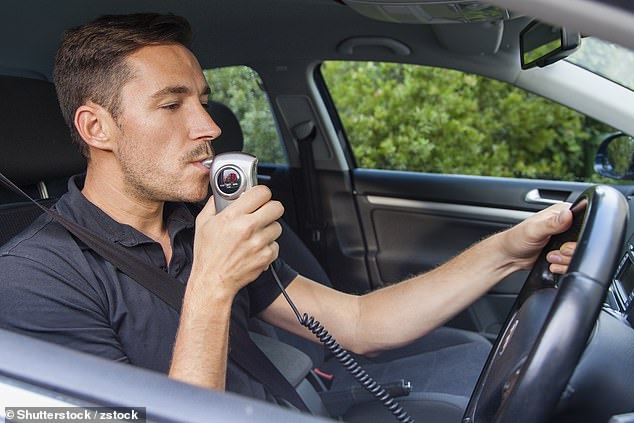
Half (53%) of drivers polled by the RAC said they want to see the Government allow courts to order anyone convicted of drink-driving to have ‘alcolock’ breathalyser devices installed in their cars
Simon Williams, RAC head of policy, said: ‘Too many lives are lost and ruined by drink-driving. It’s also very apparent that many of the drink-drivers caught by the police are reoffenders which implies something different needs to be done to change this dangerous behaviour.’
Support for alcolock devices aren’t unanimous in the poll though, with 23 per cent of motorists telling the RAC they didn’t think alcolocks would reduce drink-driving, while another 23 per cent were unsure about the idea.
However, drivers were united in believing intervention is needed to stop drink-driving, with three-quarters of those surveyed wanting more to be done to reduce the number of people driving over the limit.
There were 47,284 convictions of ‘driving a motor vehicle under the influence of drink or drugs’ in 2023.
In 2022, 300 people were killed in drink-drive collisions, most recent statistics show.
‘We are aware that their use may be seen as a soft option by some, but experience from other countries suggests the opposite.
‘Simply banning habitual drink-drivers doesn’t seem to be the answer even though they face a prison sentence, as all too often they just get behind the wheel again anyway,’ Williams said.
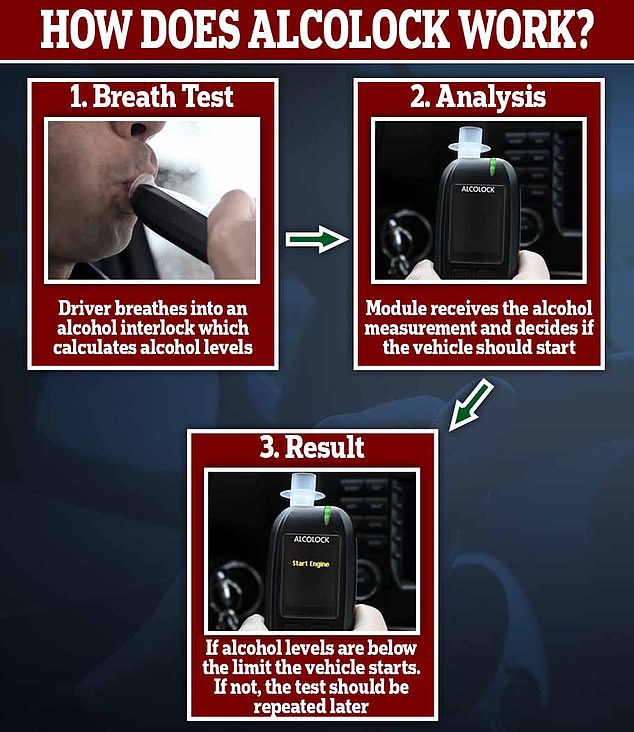
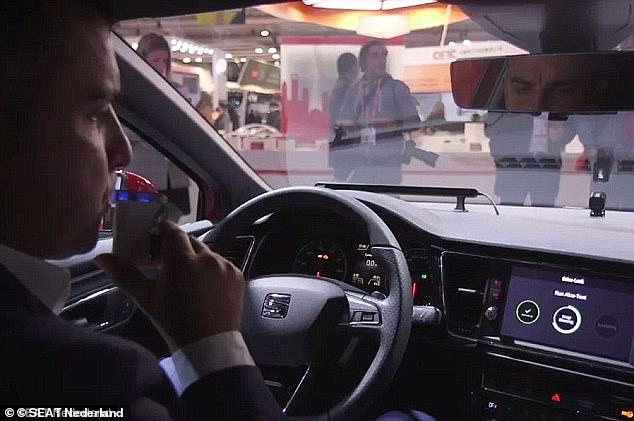
Seat is among the car manufacturers that has already showcased how alcolocks can be installed in new models
Alcolocks – what are they? Could they become standard?
Not everyone will have heard of alcolocks or alcohol-interlocks as they’re properly known.
Alcolock is actually a brand name – founded in the 70s – but has become the common name for breathalysers fitted to the car’s ignition system.
Once fitted a driver has to provide an alcohol-free breath sample in order to start the engine – usually blowing for five seconds.
If there’s little to no alcohol the engine will start. If it exceeds a set level it won’t start.
There are various options as to how they’re mandated and who pays for them: For instance, courts could mandate them for reoffenders only, or anyone convicted of drink-driving.
In other countries the fitting is generally paid for by the offender, although in cases of financial hardship the state can step in to cover the cost.
However, it’s worth noting that the EU introduced new rules in July 2024 requiring all new cars sold in the EU to be ‘prepared’ to have an alcolock fitted.
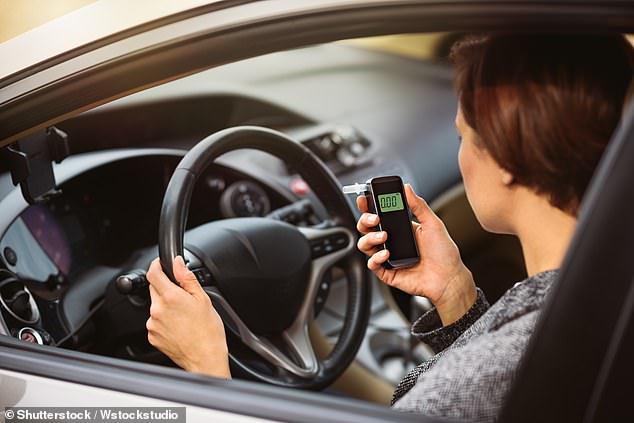
‘Alcolocks’ are fitted to the car and work by taking a breath sample from the driver to check alcohol levels
Which countries already use alcolocks?
Alcolocks are used in Finland, Belgium, New Zealand, Australia, Canada and many parts of the US.
Generally, in these countries drink-drivers are banned for a short time and then are allowed to drive again as long as they have an alcohol-interlock fitted to their vehicle for a set period. Most commonly it’s fitted for a year.
In New Zealand, the alcohol-interlock is removed after 12 months as long as the offender had no instances of alcohol in their recorded breath tests during the last six months.
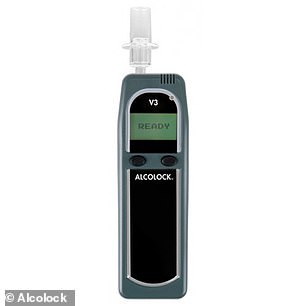
Alcolock is actually a brand name (its V3 version pictured) but has become a catch-all term for breathalyser ignition locks
Those that test positive have to keep the device until they have six months of tests with zero alcohol.
Offenders are then issued with a zero-alcohol driving licence for three years.
The conditions of this licence mean that if the holder is found to drive with any alcohol in their systems whatsoever, they can be charged with drink-driving and disqualified.
When asked by the RAC whether they would support a similar approach in the UK, two-thirds were supportive, 15 per cent were against the idea and a fifth were undecided.
Williams added: ‘Currently the only options for courts are disqualification from driving, ordering convicted drink-drivers to attend rehabilitation courses and custodial sentences for reoffenders.
‘Court orders that mandate alcohol-interlocks to prevent reoffending could be worth exploring in a trial.
‘We hope the Government considers this in the forthcoming road safety strategy being produced by the Department for Transport.’













